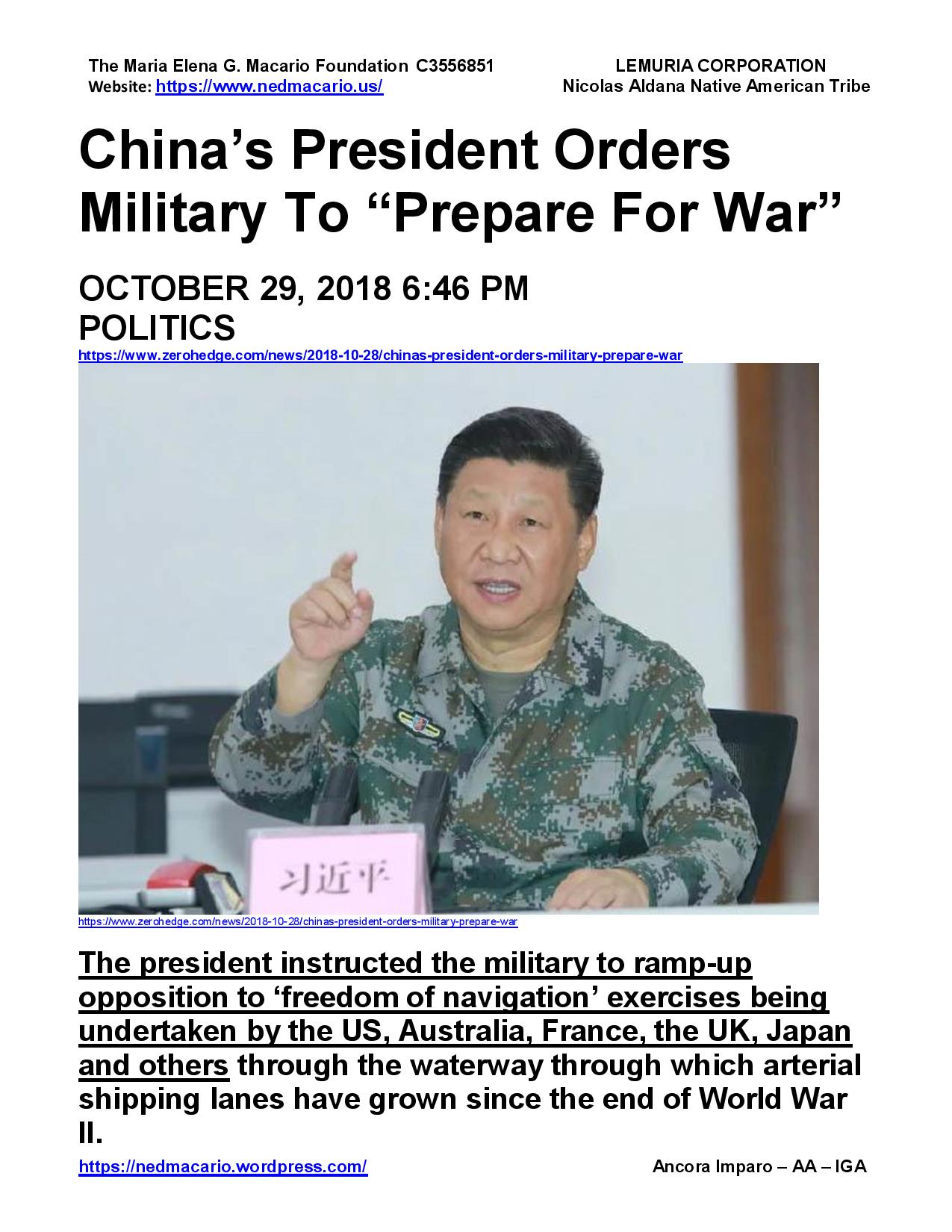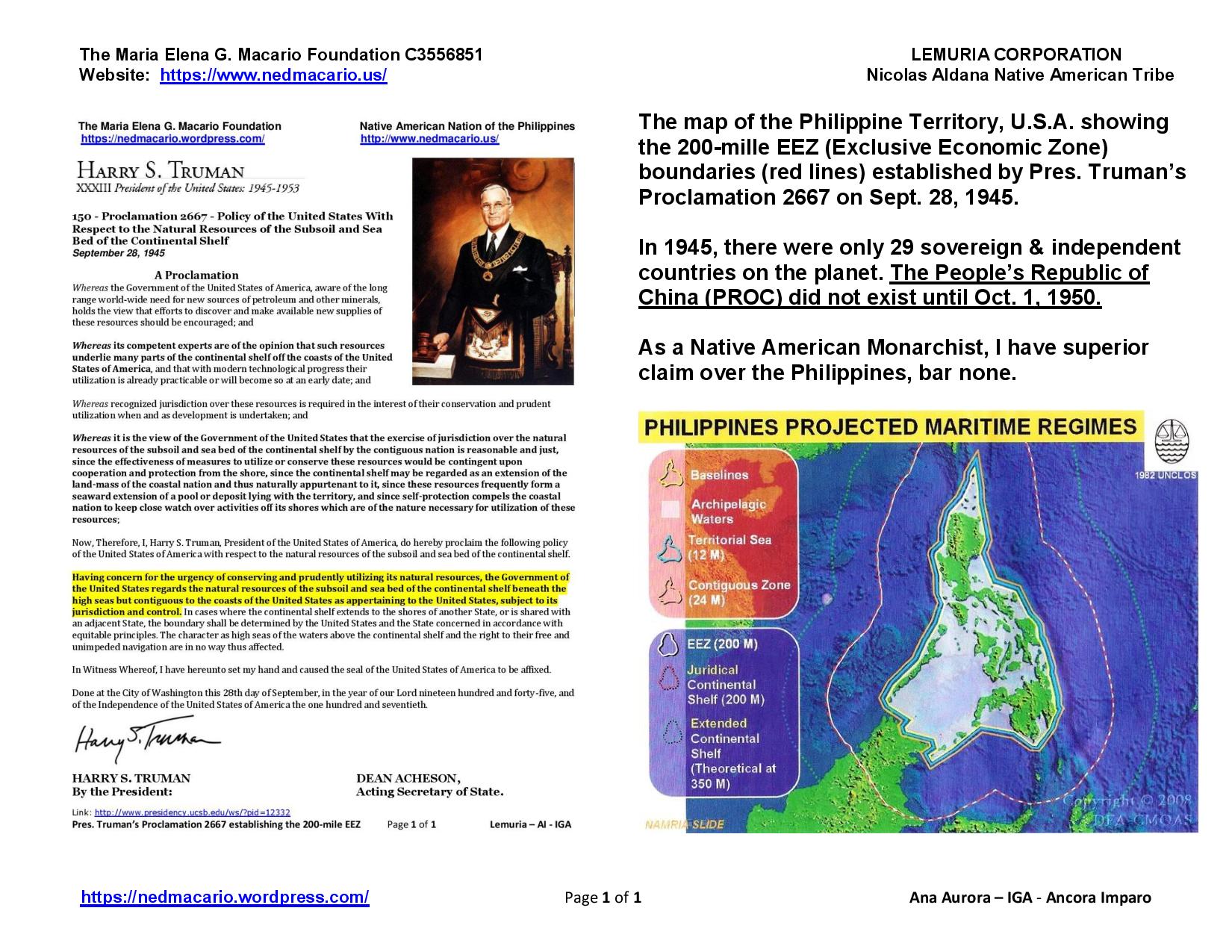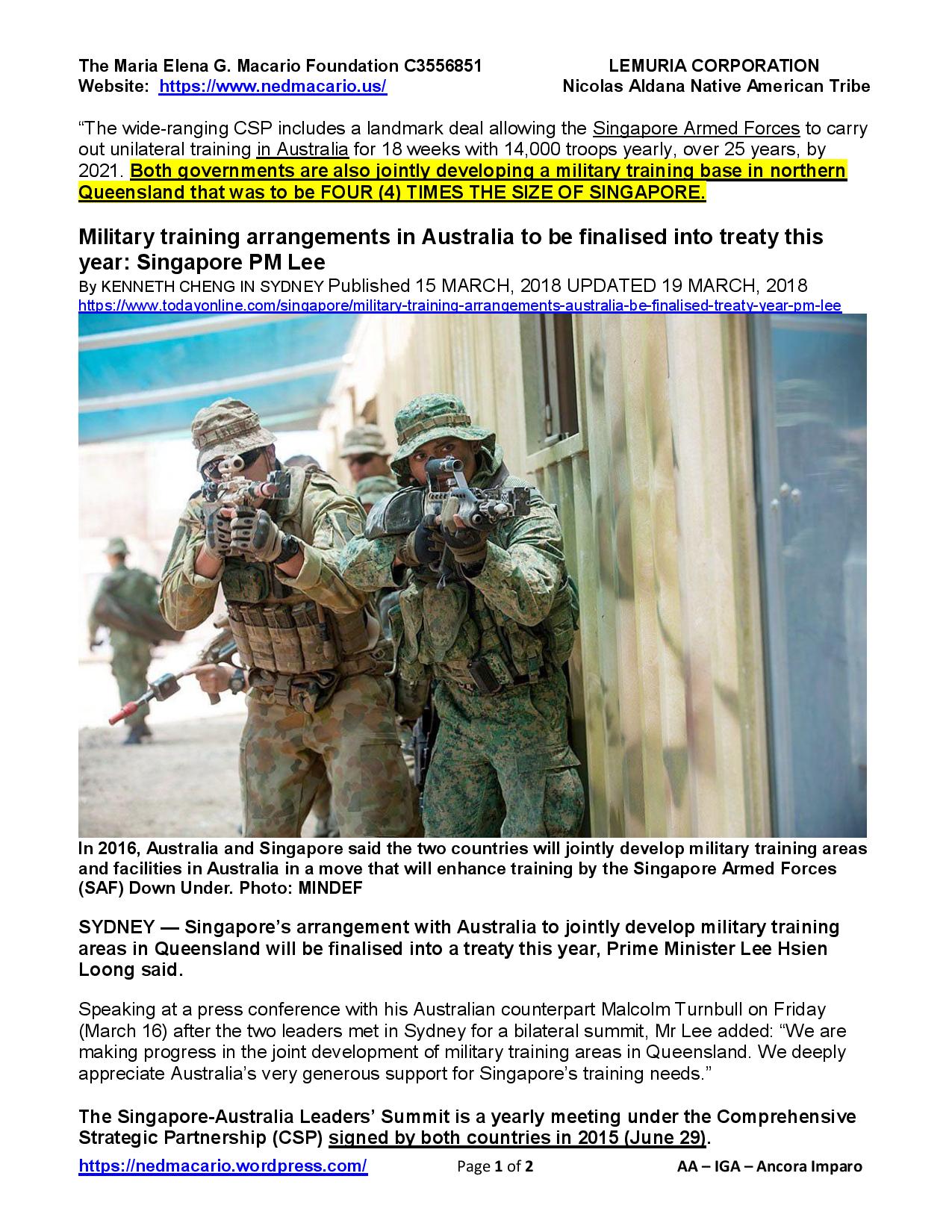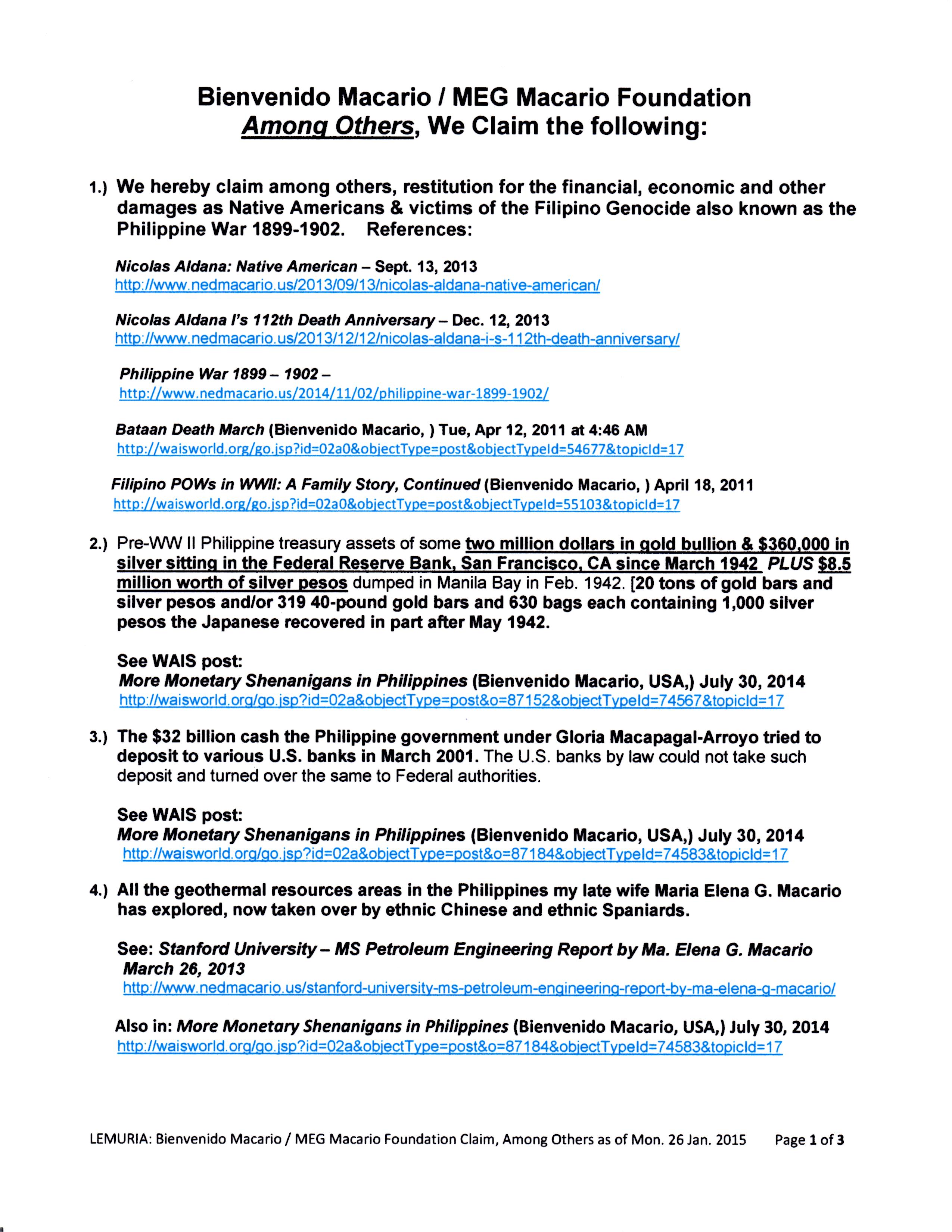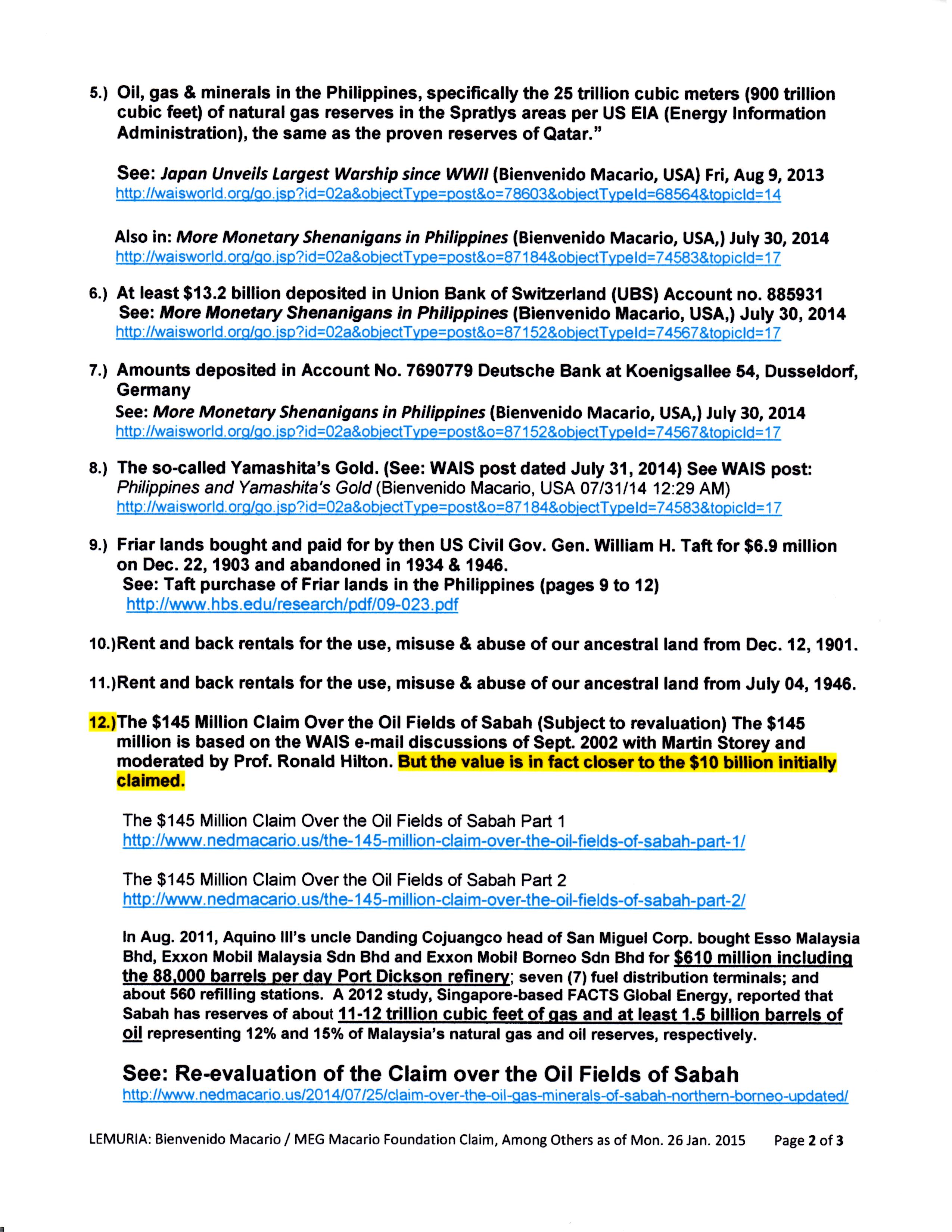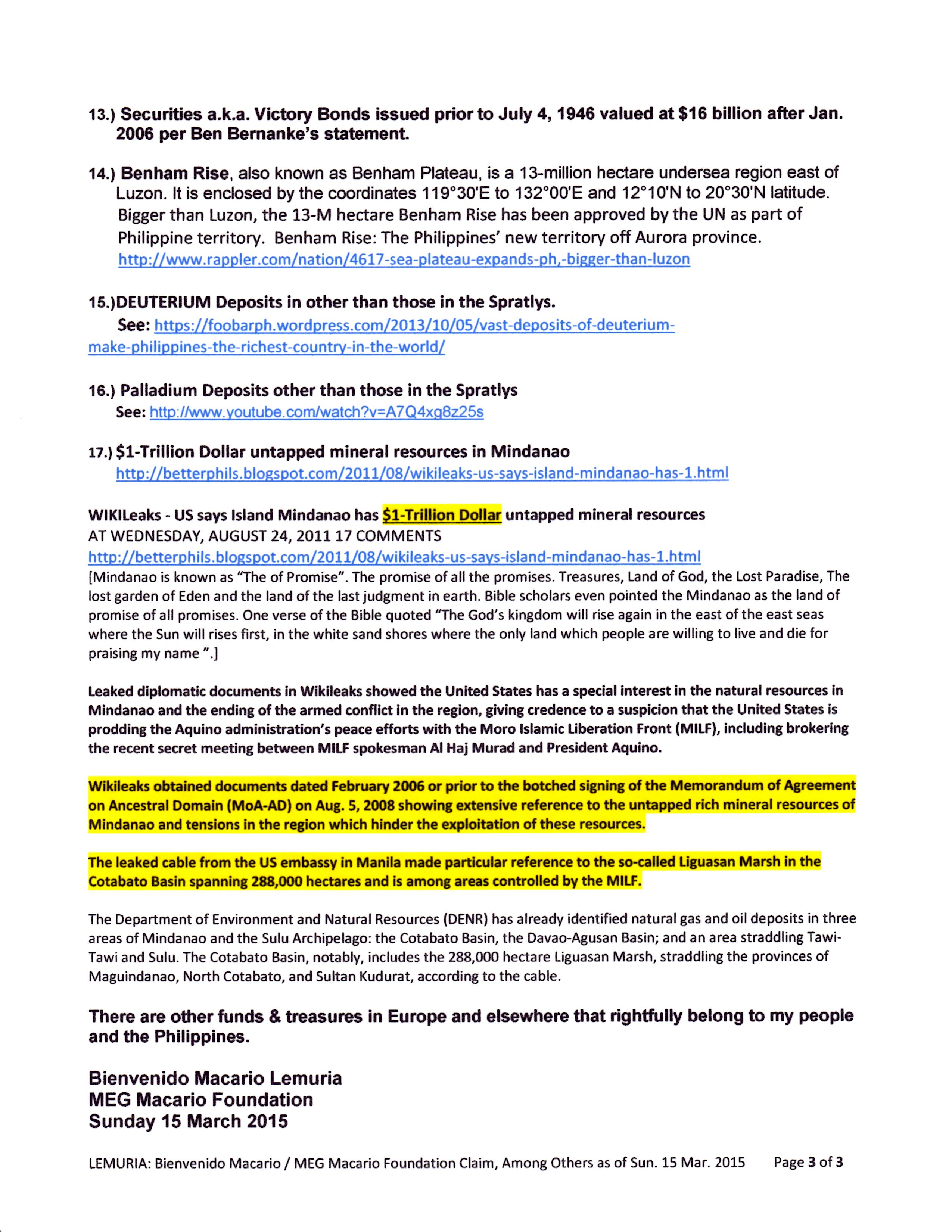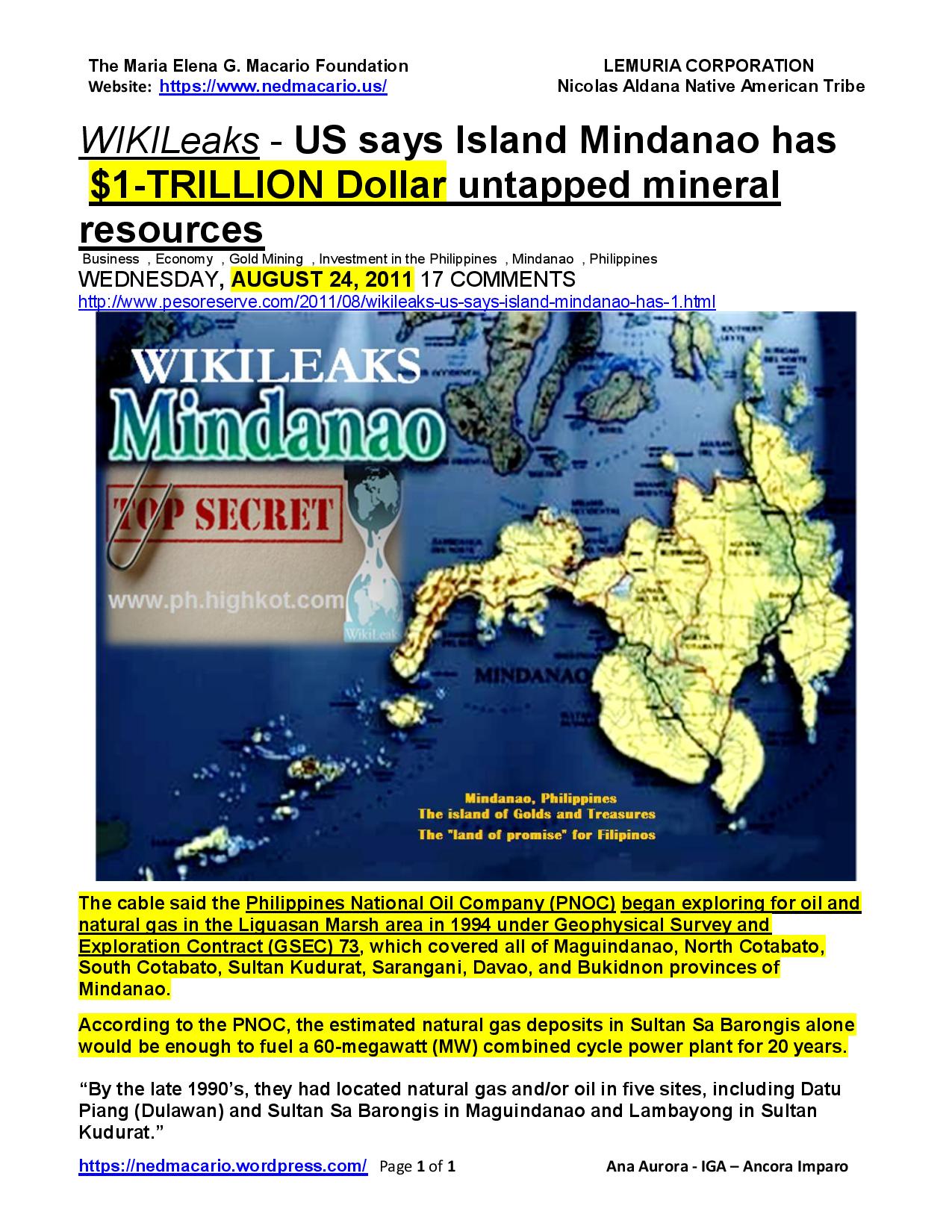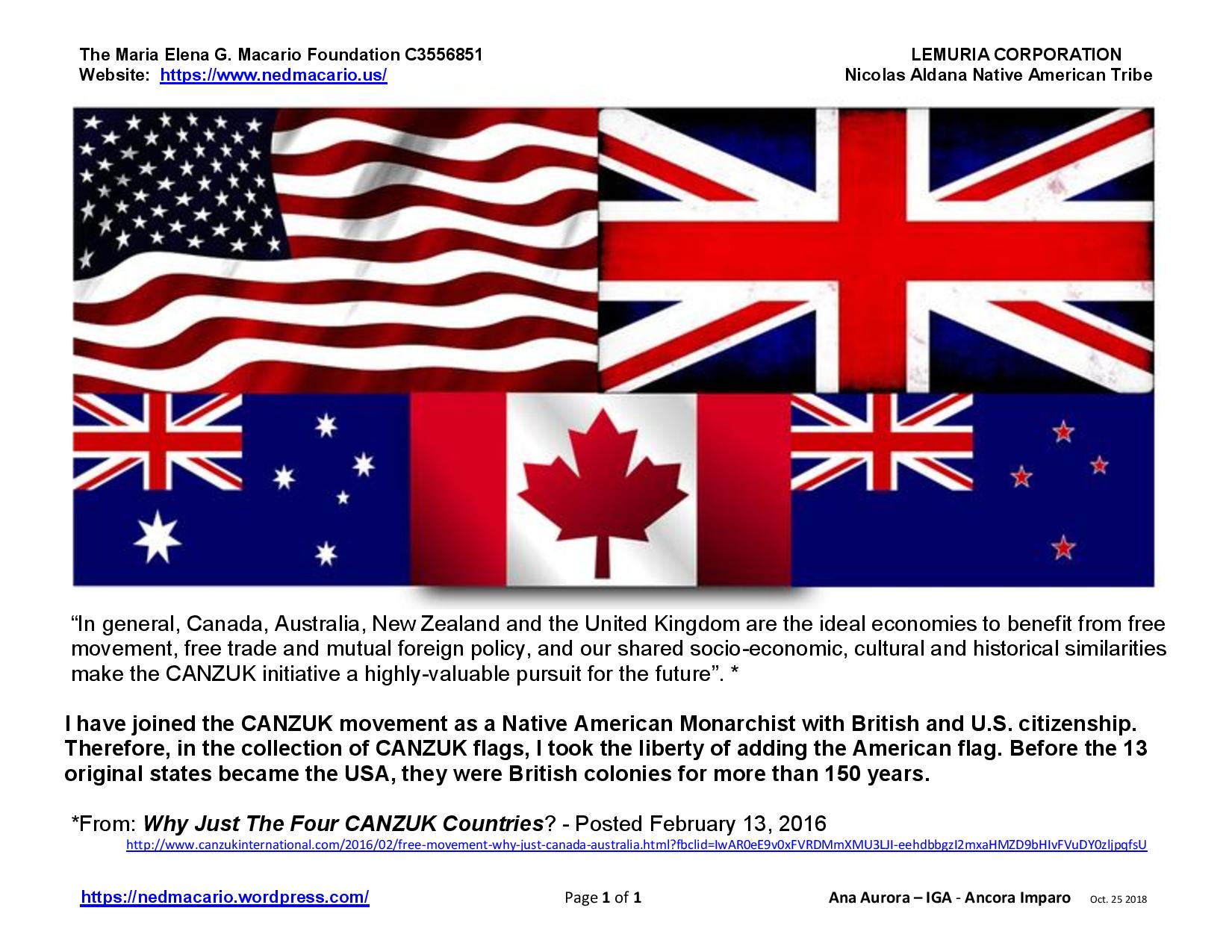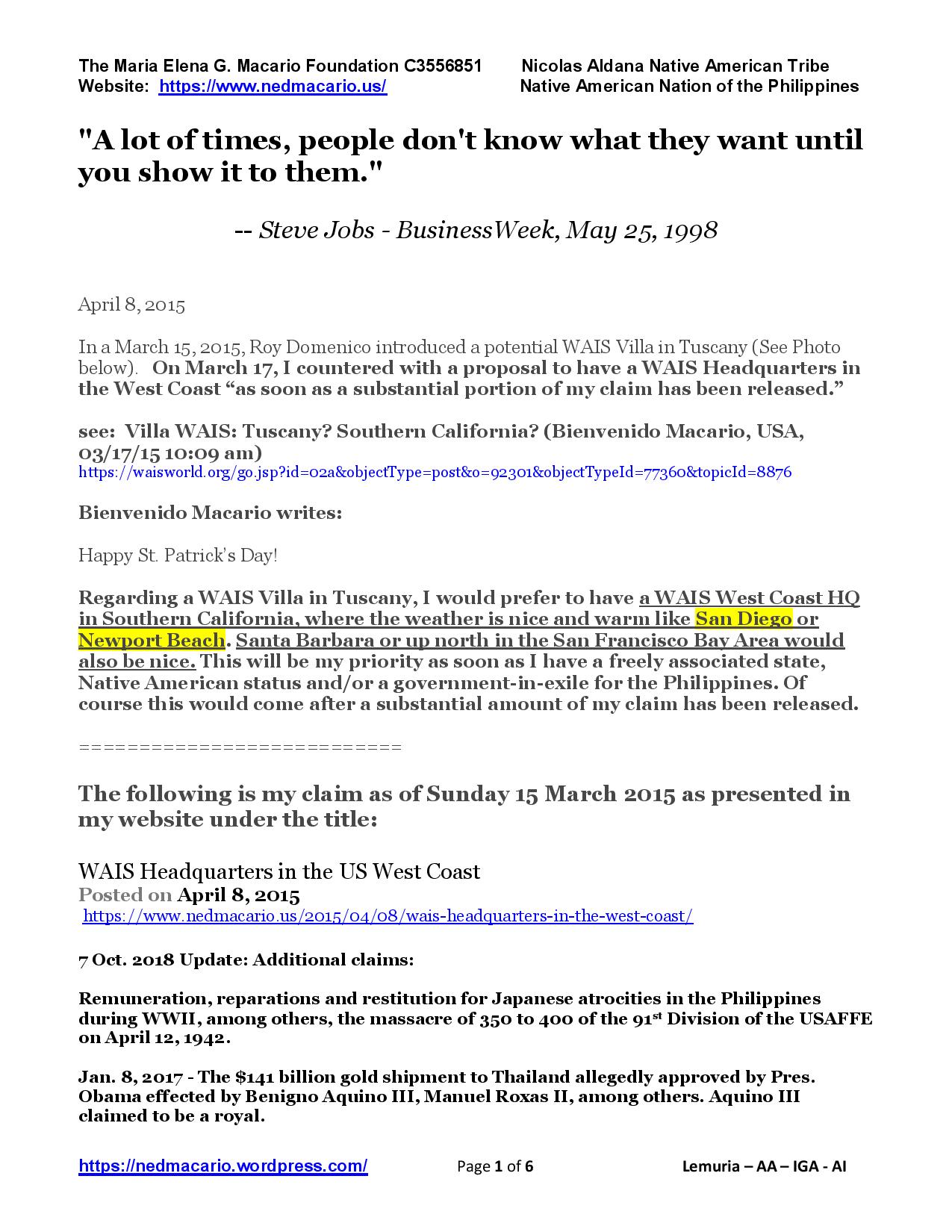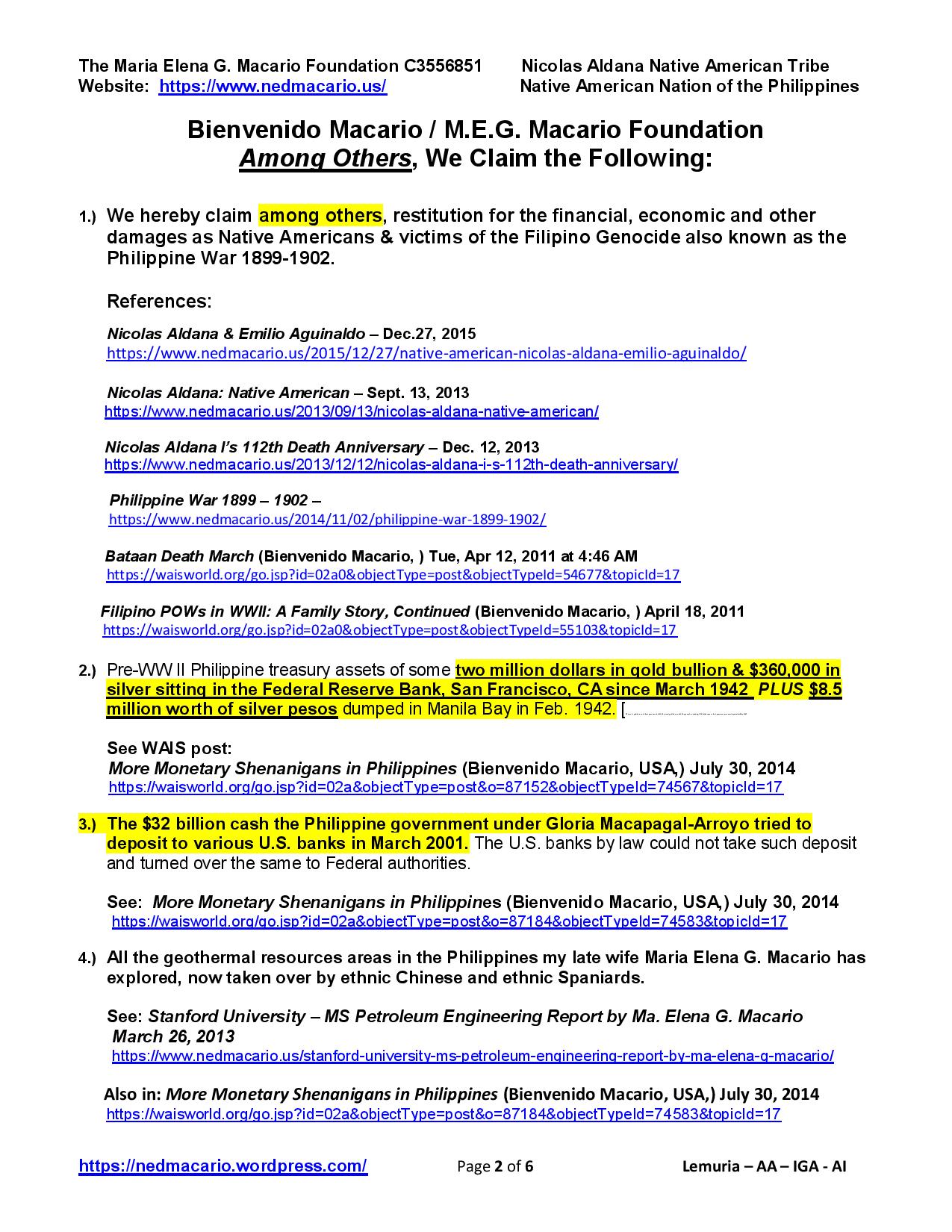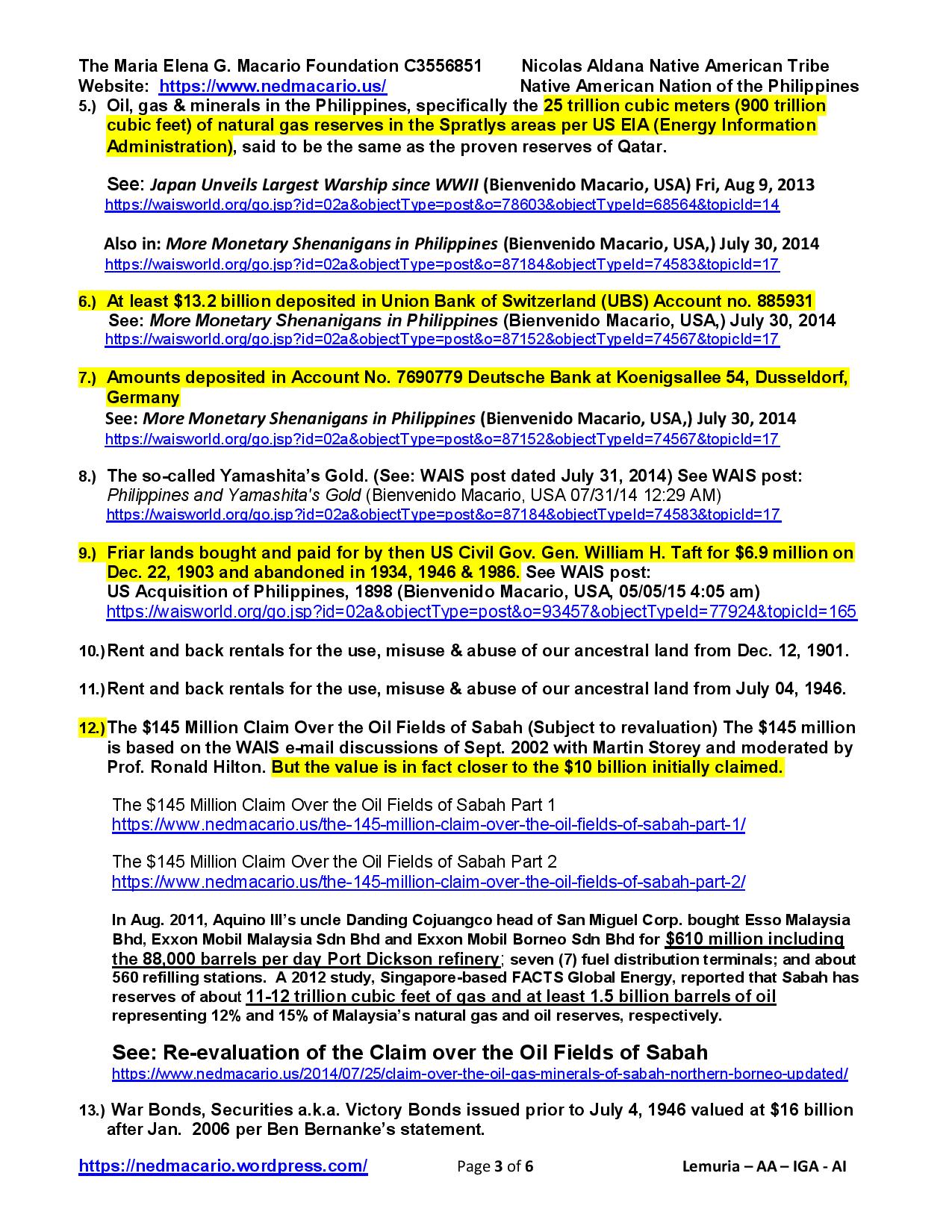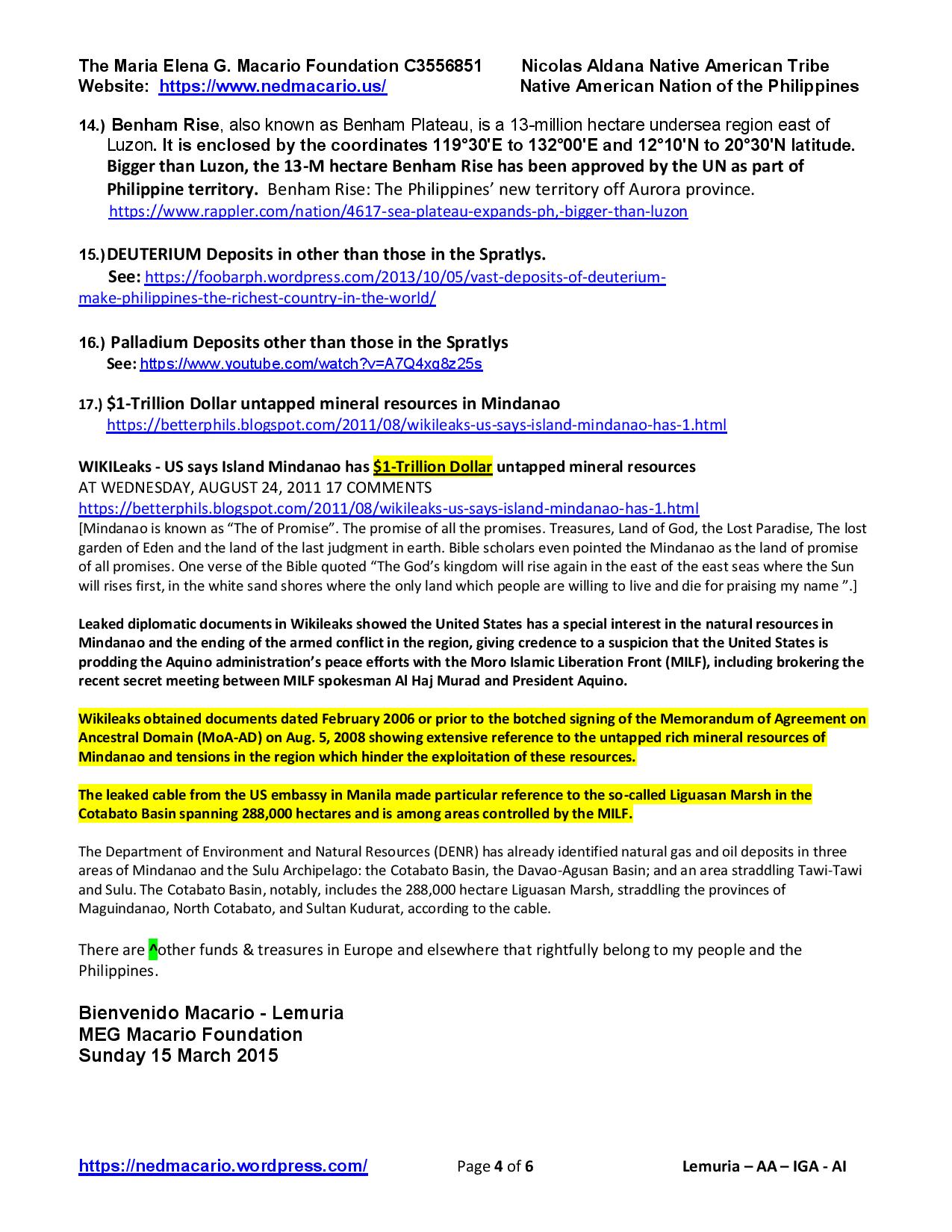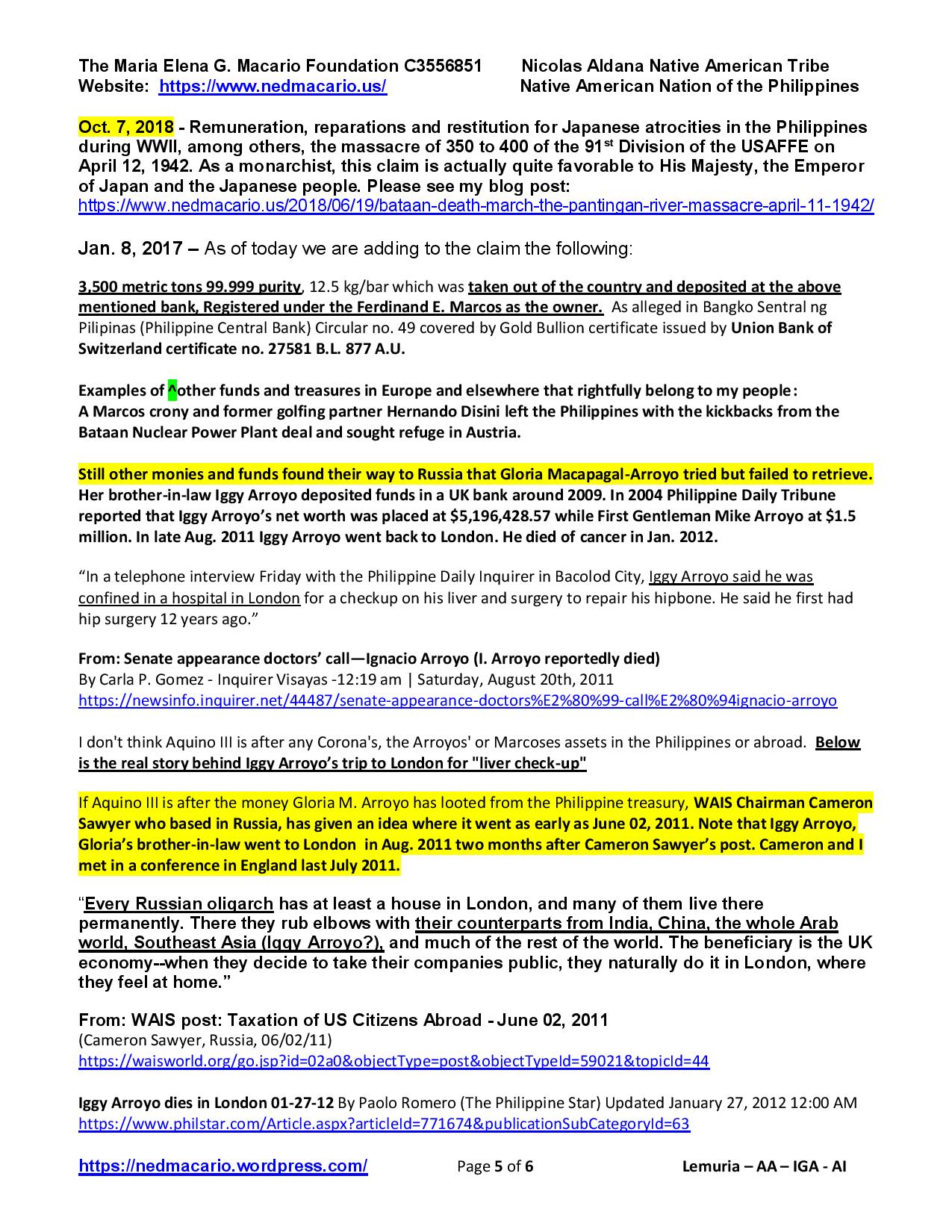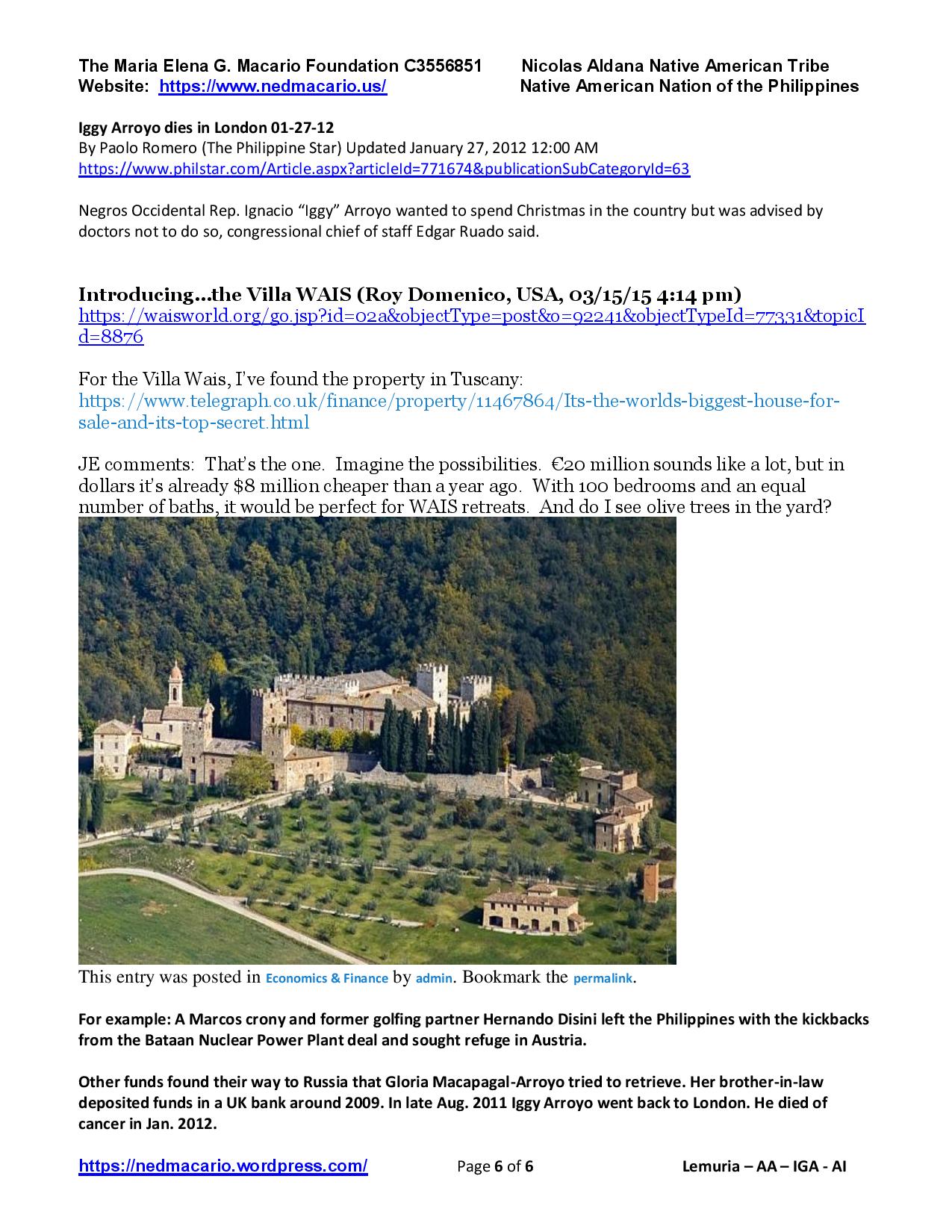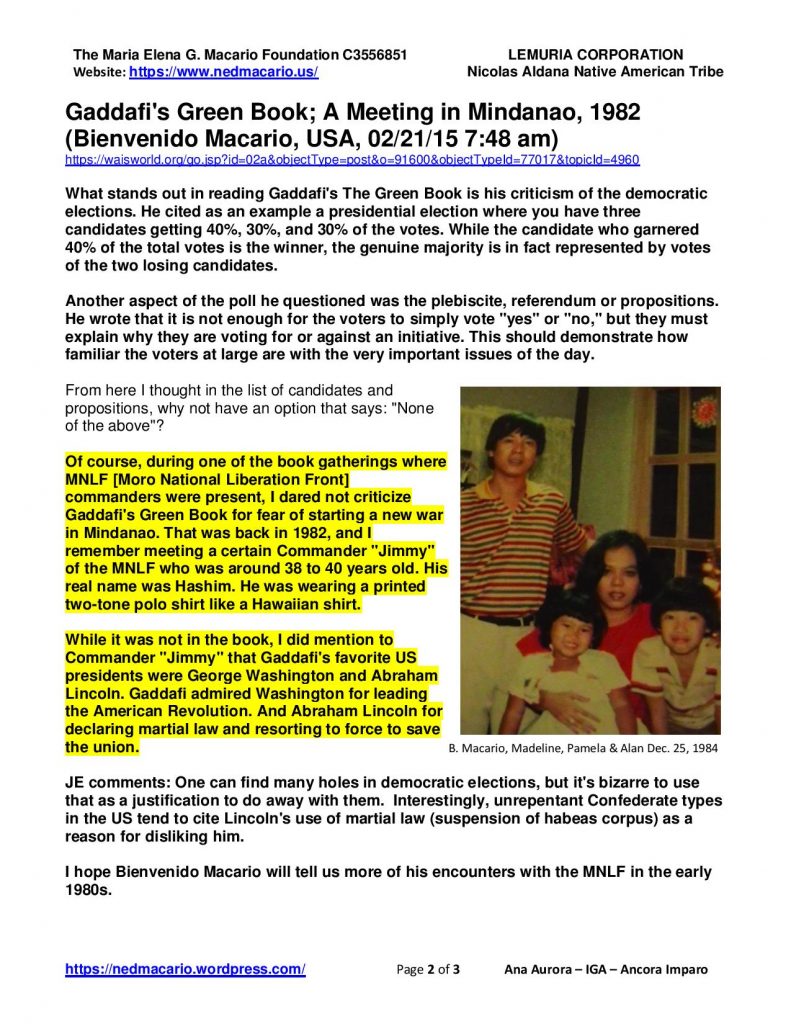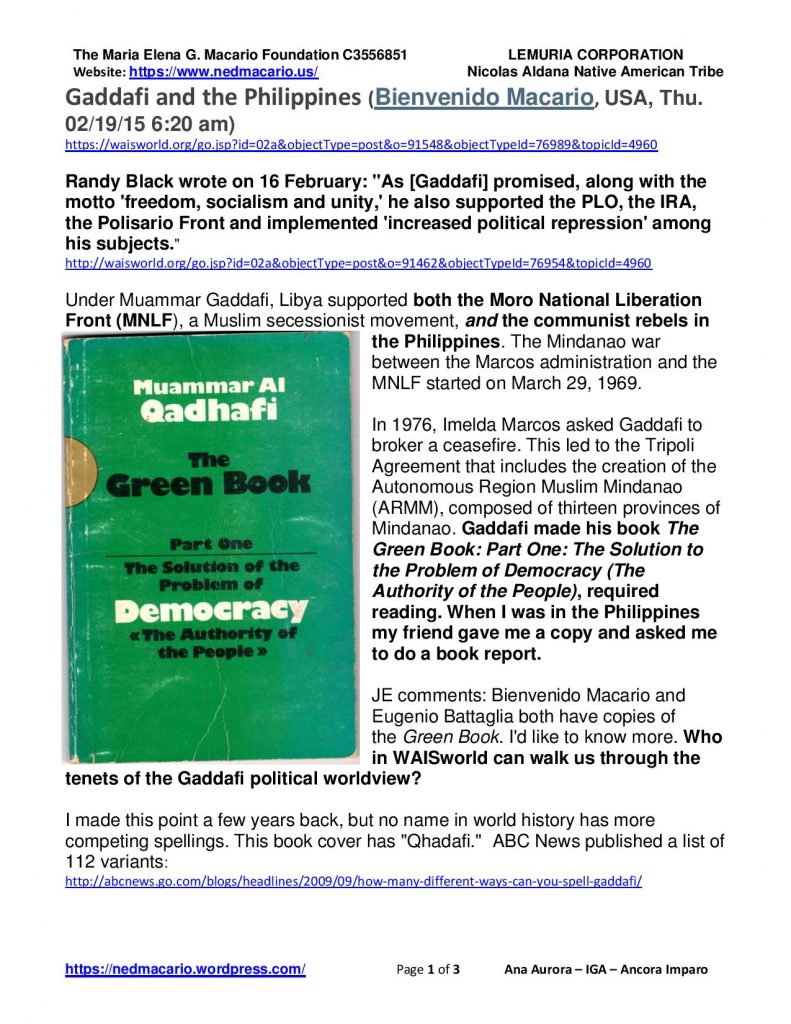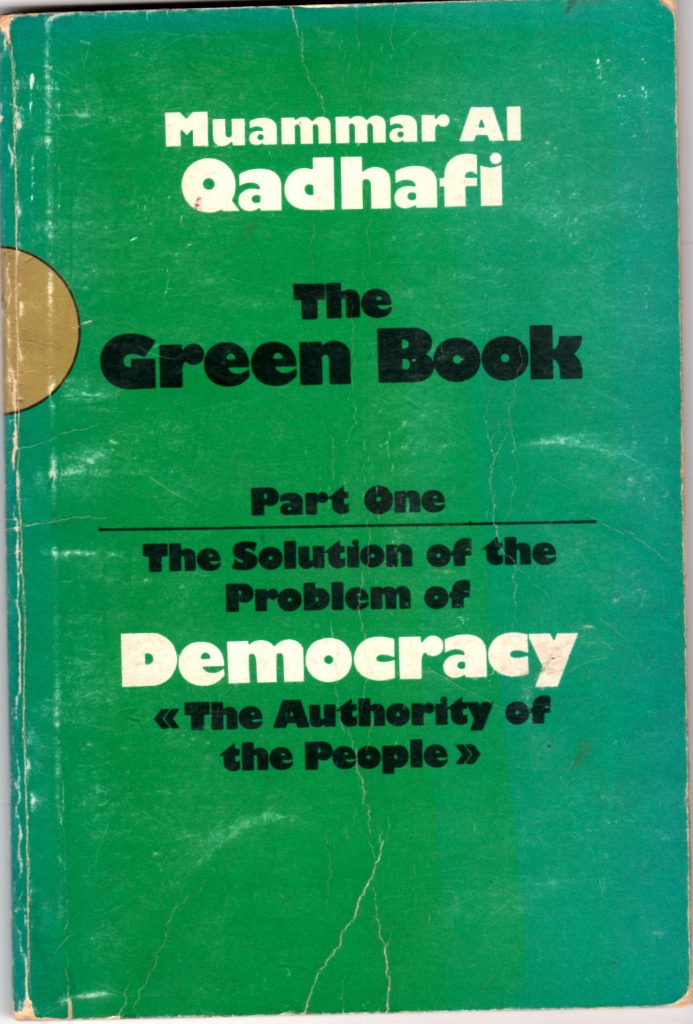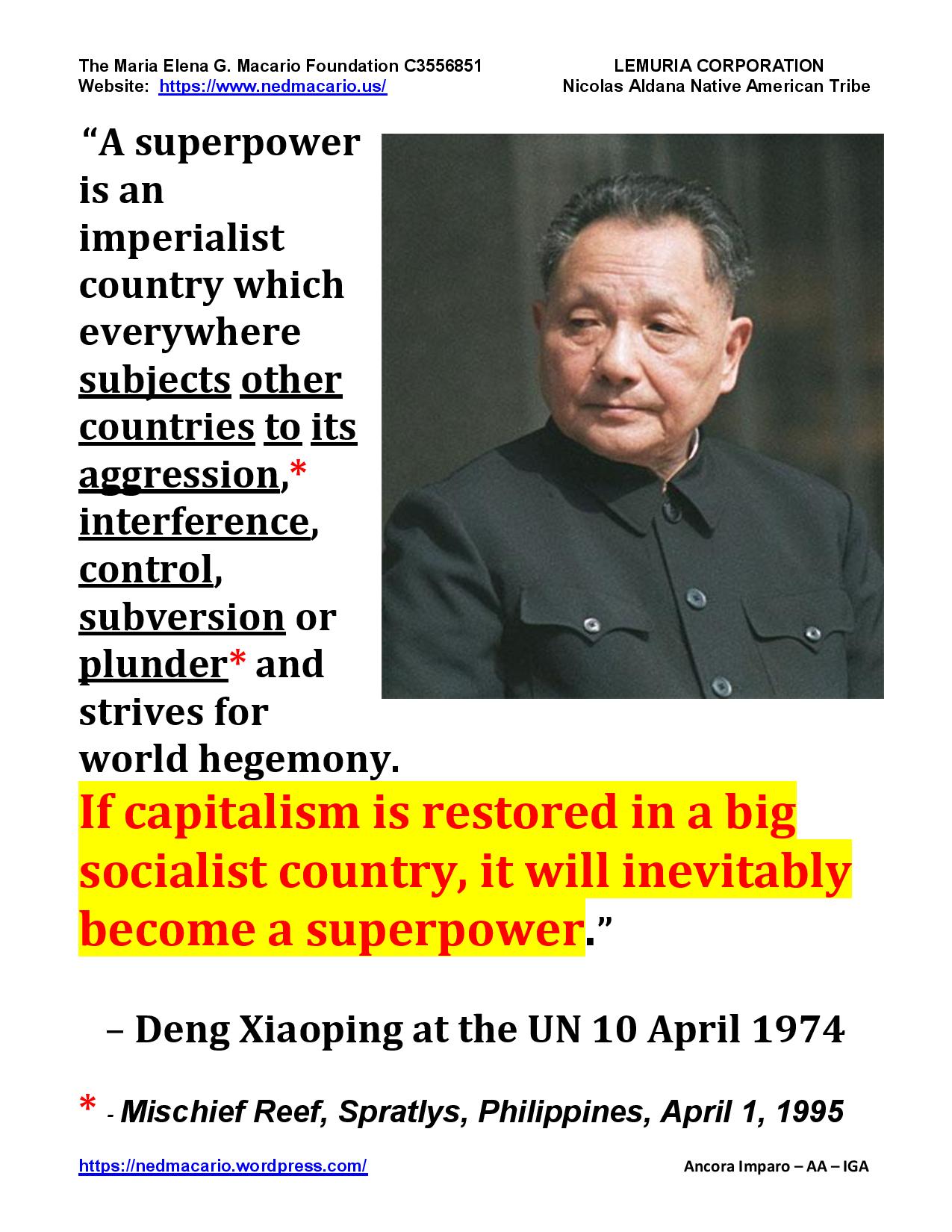 Deng Xiaoping (1904 – 1997) is considered the “architect” of Modern China combining China’s socialist thinking and pragmatic free market economy practices. Immediately after the death of Mao Zedong, Deng Xiaoping initiated major market economy reforms.
Deng Xiaoping (1904 – 1997) is considered the “architect” of Modern China combining China’s socialist thinking and pragmatic free market economy practices. Immediately after the death of Mao Zedong, Deng Xiaoping initiated major market economy reforms.
Deng is credited with transforming China into one of the fastest growing economies in the world and improving the lives of hundreds of millions of Chinese.
“If capitalism is restored in a big socialist country, it will inevitably become a superpower.
What is a superpower? A superpower is an imperialist country which everywhere subjects other countries to its aggression, interference, control, subversion or plunder and strives for world hegemony.”
– Deng Xiaoping in a speech before the UN on April 10, 1974.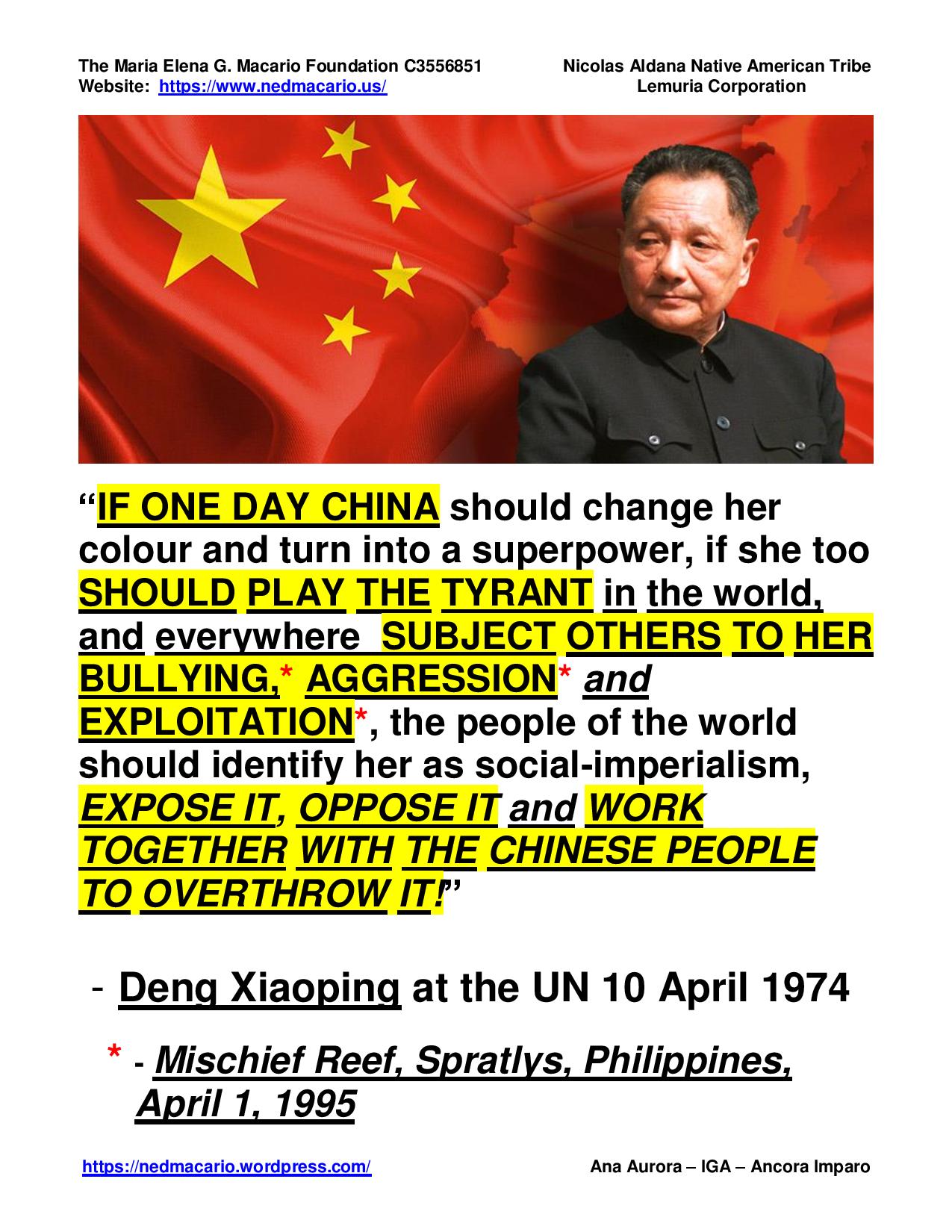
“China is not a superpower, nor will she ever seek to be one. If one day, China should change her color and turn into a superpower, if she too should play the tyrant in the world and everywhere subject others to her bullying, aggression and exploitation, the people of the world should identify her as social imperialism, expose it, oppose it and work together with the Chinese people to overthrow it.“
===============
Update Oct. 29, 2018
The president instructed the military to ramp-up opposition to ‘freedom of navigation’ exercises being undertaken by the US, Australia, France, the UK, Japan and others through the waterway through which arterial shipping lanes have grown since the end of World War II.
Even if today’s Washington DC politicians are unaware, the oil, gas and mineral rich Spratlys are in fact, owned by the Philippines an abandoned US Territory that I have promptly claimed.
This is why I, as a Native American Monarchist with British & U.S. Citizenship, have superior claim over all others because:
– The People’s Republic of China (PROC) did not exist until 1 Oct. 1950.
– Malaysia did not exist until 31 Aug. 1957.
– Singapore of today did not exist until 9 August 1965. Singapore joined the Malayan Federation on 16 Sept. 1963 but was expelled on 9 Aug. 1965. This day became Singapore’s Independence Day.
– The Socialist Republic of Vietnam did not exist until 2 July 1976.
– The Philippine republic founded in 1946 by virtue of the Treaty of Manila is null & void. No referendum was held asking the Filipino people if we wanted to secede from the union (U.S.).
Truman’s Proclamation 2667; Map of the Philippines with the 200-mile Exclusive Economic Zone.
===============
In the meantime, on March 15, 2018 Singapore and Australia closed a landmark deal to allow Singapore Armed Forces to train in Northern Queensland, in a military base FOUR (4) TIMES THE SIZE OF SINGAPORE. The Comprehensive Strategic Partnership was SIGNED ON JUNE 29, 2015
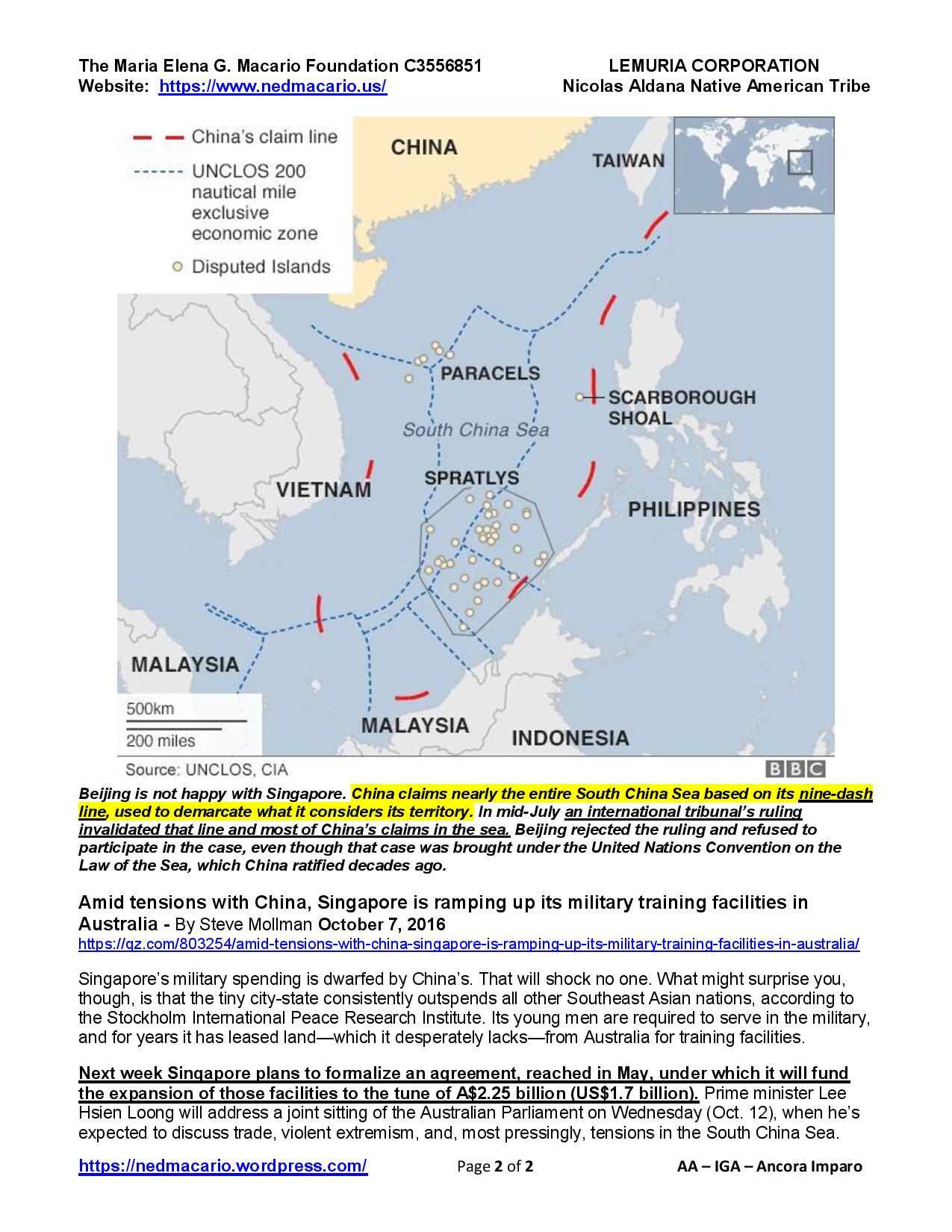 ============
============
Speech By Chairman of the Delegation of the People’s Republic of China, Deng Xiaoping, At the Special Session of the U.N. General Assembly
Spoken: April, 10, 1974
Source: Speech By Chairman of the Delegation of the People’s Republic of China, Teng Hsiao-Ping, At the Special Session of the U.N. General Assembly
https://www.marxists.org/reference/archive/deng-xiaoping/1974/04/10.htm
Mr. President,
China is a socialist country, and a developing country as well. China belongs to the Third World. Consistently following Chairman Mao’s teachings, the Chinese Government and people firmly support all oppressed peoples and oppressed nations in their struggle to win or defend national independence, develop the national economy and oppose colonialism, imperialism and hegemonism.
This is our bounden internationalist duty. China is not a superpower, nor will she ever seek to be one. What is a superpower?
A superpower is an imperialist country which everywhere subjects other countries to its aggression, interference, control, subversion or plunder and strives for world hegemony. If capitalism is restored in a big socialist country, it will inevitably become a superpower.
The Great Proletarian Cultural Revolution, which has been carried out in China in recent years, and the campaign of criticizing Lin Piao and Confucius now under way throughout China, are both aimed at preventing capitalist restoration and ensuring that socialist China will never change her colour and will always stand by the oppressed peoples and oppressed nations.
If one day China should change her colour and turn into a superpower, if she too should play the tyrant in the world, and everywhere subject others to her bullying, aggression and exploitation, the people of the world should identify her as social-imperialism, expose it, oppose it and work together with the Chinese people to overthrow it.
==================
COMPLETE SPEECH OF DENG XIAOPING
Speech By Chairman of the Delegation of the People’s Republic of China, Deng Xiaoping, At the Special Session of the U.N. General Assembly
Spoken: April, 10, 1974
Source: Speech By Chairman of the Delegation of the People’s Republic of China, Teng Hsiao-Ping, At the Special Session of the U.N. General Assembly
Publisher: Foreign Languages Press
Transcription/Markup: Christian Liebl
Online Version: Deng Xiaoping Internet Archive (marxists.org) 2003
Mr. President,
The special session of the United Nations General Assembly on the problems of raw materials and development is successfully convened on the proposals of President Houari Boumediene of the Council of Revolution of the Democratic People’s Republic of Algeria and with the support of the great majority of the countries of the world. This is the first time in the 29 years since the founding of the United Nations that a session is held specially to discuss the important question of opposing imperialist exploitation and plunder and effecting a change in international economic relations. This reflects that profound changes have taken place in the international situation. The Chinese Government extends its warm congratulations on the convocation of this session and hopes that it will make a positive contribution to strengthening the unity of the developing countries, safeguarding their national economic rights and interests and promoting the struggle of all peoples against imperialism, and particularly against hegemonism.
At present, the international situation is most favourable to the developing countries and the peoples of the world. More and more, the old order based on colonialism, imperialism and hegemonism is being undermined and shaken to its foundations. International relations are changing drastically. The whole world is in turbulence and unrest. The situation is one of “great disorder under heaven,” as we Chinese put it. This “disorder” is a manifestation of the sharpening of all the basic contradictions in the contemporary world. It is accelerating the disintegration and decline of the decadent reactionary forces and stimulating the awakening and growth of the new emerging forces of the people.
In this situation of “great disorder under heaven,” all the political forces in the world have undergone drastic division and realignment through prolonged trials of strength and struggle. A large number of Asian, African and Latin American countries have achieved independence one after another and they are playing an ever greater role in international affairs. As a result of the emergence of social-imperialism, the socialist camp which existed for a time after World War II is no longer in existence. Owing to the law of the uneven development of capitalism, the Western imperialist bloc, too, is disintegrating. Judging from the changes in international relations, the world today actually consists of three parts, or three worlds, that are both interconnected and in contradiction to one another. The United States and the Soviet Union make up the First World. The developing countries in Asia, Africa, Latin America and other regions make up the Third World. The developed countries between the two make up the Second World.
The two superpowers, the United States and the Soviet Union, are vainly seeking world hegemony. Each in its own way attempts to bring the developing countries of Asia, Africa and Latin America under its control and, at the same time, to bully the developed countries that are not their match in strength.
The two superpowers are the biggest international exploiters and oppressors of today. They are the source of a new world war. They both possess large numbers of nuclear weapons. They carry on a keenly contested arms race, station massive forces abroad and set up military bases everywhere, threatening the independence and security of all nations. They both keep subjecting other countries to their control, subversion, interference or aggression. They both exploit other countries economically, plundering their wealth and grabbing their resources. In bullying others, the superpower which flaunts the label of socialism is especially vicious. It has dispatched its armed forces to occupy its “ally” Czechoslovakia and instigated the war to dismember Pakistan. It does not honour its words and is perfidious; it is self-seeking and unscrupulous.
The case of the developed countries in between the superpowers and the developing countries is a complicated one. Some of them still retain colonialist relations of one form or another with Third World countries, and a country like Portugal even continues with its barbarous colonial rule. An end must be put to this state of affairs. At the same time, all these developed countries are in varying degrees controlled, threatened or bullied by the one superpower or the other. Some of them have in fact been reduced by a superpower to the position of dependencies under the signboard of its so-called “family.” In varying degrees, all these countries have the desire of shaking off superpower enslavement or control and safeguarding their national independence and the integrity of their sovereignty.
The numerous developing countries have long suffered from colonialist and imperialist oppression and exploitation. They have won political independence, yet all of them still face the historic task of clearing out the remnant forces of colonialism, developing the national economy and consolidating national independence. These countries cover vast territories, encompass a large population and abound in natural resources. Having suffered the heaviest oppression, they have the strongest desire to oppose oppression and seek liberation and development. In the struggle for national liberation and independence, they have demonstrated immense power and continually won splendid victories. They constitute a revolutionary motive force propelling the wheel of world history and are the main force combating colonialism, imperialism, and particularly the superpowers.
Since the two superpowers are contending for world hegemony, the contradiction between them is irreconcilable; one either overpowers the other, or is overpowered. Their compromise and collusion can only be partial, temporary and relative, while their contention is all-embracing, permanent and absolute. In the final analysis, the so-called “balanced reduction of forces” and “strategic arms limitation” are nothing but empty talk, for in fact there is no “balance,” nor can there possibly be “limitation.” They may reach certain agreements, but their agreements are only a facade and a deception. At bottom, they are aiming at greater and fiercer contention. The contention between the superpowers extends over the entire globe.
Strategically, Europe is the focus of their contention, where they are in constant tense confrontation. They are intensifying their rivalry in the Middle East, the Mediterranean, the Persian Gulf, the Indian Ocean and the Pacific. Every day, they talk about disarmament but are actually engaged in arms expansion. Every day, they talk about “detente” but are actually creating tension. Wherever they contend, turbulence occurs. So long as imperialism and social-imperialism exist, there definitely will be no tranquillity in the world, nor will there be “lasting peace.” Either they will fight each other, or the people will rise in revolution. It is as Chairman Mao Tsetung has said: The danger of a new world war still exists, and the people of all countries must get prepared. But revolution is the main trend in the world today.
The two superpowers have created their own antithesis. Acting in the way of the big bullying the small, the strong domineering over the weak and the rich oppressing the poor, they have aroused strong resistance among the Third World and the people of the whole world. The people of Asia, Africa and Latin America have been winning new victories in their struggles against colonialism, imperialism, and particularly hegemonism. The Indo-chinese peoples are continuing to press forward in their struggles against U.S. imperialist aggression and for national liberation. In the 4th Middle East war, the people of the Arab countries and Palestine broke through the control of the two superpowers and the state of “no war, no peace” and won a tremendous victory over the Israeli aggressors. The African people’s struggles against imperialism, colonialism and racial discrimination are developing in depth. The Republic of Guinea-Bissau was born in glory amidst the flames of armed struggle. The armed struggles and mass movements carried out by the peoples of Mozambique, Angola, Zimbabwe, Namibia and Azania against Portuguese colonial rule and white racism in South Africa and Southern Rhodesia are surging ahead vigorously. The struggle to defend sea rights initiated by Latin American countries has grown into a worldwide struggle against the maritime hegemony of the two superpowers. The 10th Assembly of the Heads of State and Government of the Organization of African Unity, the 4th Summit Conference of the Non-Aligned Countries, the Arab Summit Conference and the Islamic Summit Conference successively voiced strong condemnation against imperialism, colonialism, neo-colonialism, hegemonism, Zionism and racism, demonstrating the developing countries’ firm will and determination to strengthen their unity and support one another in their common struggle against the hated enemies. The struggles of the Asian, African and Latin American countries and people, advancing wave upon wave, have exposed the essential weakness of imperialism, and particularly the superpowers, which are outwardly strong but inwardly feeble, and dealt heavy blows at their wild ambitions to dominate the world.
The hegemonism and power politics of the two superpowers have also aroused strong dissatisfaction among the developed countries of the Second World. The struggles of these countries against superpower control, interference, intimidation, exploitation and shifting of economic crises are growing day by day. Their struggles also have a significant impact on the development of the international situation.
Innumerable facts show that all views that overestimate the strength of the two hegemonic powers and underestimate the strength of the people are groundless. It is not the one or two superpowers that are really powerful; the really powerful are the Third World and the people of all countries uniting together and daring to fight and daring to win. Since numerous Third World countries and people were able to achieve political independence through protracted struggle, certainly they will also be able, on this basis, to bring about through sustained struggle a thorough change in the international economic relations which are based on inequality, control and exploitation and thus create essential conditions for the independent development of their national economy by strengthening their unity and allying themselves with other countries subjected to superpower bullying as well as with the people of the whole world, including the people of the United States and the Soviet Union.
Mr. President,
The essence of the problems of raw materials and development is the struggle of the developing countries to defend their state sovereignty, develop their national economy and combat imperialist, and particularly superpower, plunder and control. This is a very important aspect of the current struggle of the Third World countries and people against colonialism, imperialism and hegemonism.
As we all know, in the last few centuries colonialism and imperialism unscrupulously enslaved and plundered the people of Asia, Africa and Latin America. Exploiting the cheap labour power of the local people and their rich natural resources and imposing a lopsided and single-product economy, they extorted superprofits by grabbing low-priced farm and mineral products, dumping their industrial goods, strangling national industries and carrying on an exchange of unequal values. The richness of the developed countries and the poverty of the developing countries are the result of the colonialist and imperialist policy of plunder.
In many Asian, African and Latin American countries that have won political independence, the economic lifelines are still controlled by colonialism and imperialism in varying degrees, and the old economic structure has not changed fundamentally. The imperialists, and particularly the superpowers, have adopted neo-colonialist methods to continue and intensify their exploitation and plunder of the developing countries. They export capital to the developing countries and build there a “state within a state” by means of such international monopoly organizations as “trans-national corporations” to carry out economic plunder and political interference. Taking advantage of their monopoly position in international markets, they reap fabulous profits by raising the export prices of their own products and forcing down those of raw materials from the developing countries. Moreover, with the deepening of the political and economic crises of capitalism and the sharpening of their mutual competition, they are further intensifying their plunder of the developing countries by shifting the economic and monetary crises on to the latter.
It must be pointed out that the superpower which styles itself a socialist country is by no means less proficient at neo-colonialist economic plunder. Under the name of so-called “economic co-operation” and “international division of labour,” it uses high-handed measures to extort superprofits in its “family.” In profiting at others’ expense, it has gone to lengths rarely seen even in the case of other imperialist countries. The “joint enterprises” it runs in some countries under the signboard of “aid” and “support” are in essence copies of “trans- national corporations.” Its usual practice is to tag a high price on out-moded equipment and sub-standard weapons and exchange them for strategic raw materials and farm produce of the developing countries. Selling arms and ammunition in a big way, it has become an international merchant of death. It often takes advantage of others’ difficulties to press for the repayment of debts. In the recent Middle East war, it bought Arab oil at a low price with the large amount of foreign exchange it had earned by peddling munitions, and then sold it at a high price, making staggering profits in the twinkling of an eye. Moreover, it preaches the theory of “limited sovereignty,” alleges that the resources of developing countries are international property, and even asserts that “the sovereignty over the natural resources is depending to a great extent upon the capability of utilizing these resources by the industry of the developing countries.” These are out-and-out imperialist fallacies. They are even more undisguised than the so-called “inter-dependence” advertised by the other superpower, which actually means retaining the exploitative relationship. A socialist country that is true to its name ought to follow the principle of internationalism, sincerely render support and assistance to oppressed countries and nations and help them develop their national economy. But this superpower is doing exactly the opposite. This is additional proof that it is socialism in words and imperialism in deeds.
Plunder and exploitation by colonialism, imperialism, and particularly by the superpowers, are making the poor countries poorer and the rich countries richer, further widening the gap between the two. Imperialism is the greatest obstacle to the liberation of the developing countries and to their progress. It is entirely right and proper for the developing countries to terminate imperialist economic monopoly and plunder, sweep away these obstacles and take all necessary measures to protect their economic resources and other rights and interests.
The doings of imperialism, and particularly the superpowers, can in no way check the triumphant advance of the developing countries along the road of economic liberation. In the recent Middle East war, the Arab countries, united as one, used oil as a weapon with which they dealt a telling blow at Zionism and its supporters. They did well, and rightly too. This was a pioneering action taken by developing countries in their struggle against imperialism. It greatly heightened the fighting spirit of the people of the Third World and deflated the arrogance of imperialism. It broke through the international economic monopoly long maintained by imperialism and fully demonstrated the might of a united struggle waged by developing countries. If imperialist monopolies can gang up to manipulate the markets at will, to the great detriment of the vital interests of the developing countries, why can’t developing countries unite to break imperialist monopoly and defend their own economic rights and interests? The oil battle has broadened people’s vision. What was done in the oil battle should and can be done in the case of other raw materials.
It must be pointed out further that the significance of the developing countries’ struggle to defend their natural resources is by no means confined to the economic field. In order to carry out arms expansion and war preparations and to contend for world hegemony, the superpowers are bound to plunder rapaciously the resources of the Third World. Control and protection of their own resources by the developing countries are essential, not only for the consolidation of their political independence and the development of their national economy, but also for combating superpower arms expansion and war preparations and stopping the superpowers from launching wars of aggression.
Mr. President,
We maintain that the safeguarding of political independence is the first prerequisite for a Third World country to develop its economy. In achieving political independence, the people of a country have only taken the first step, and they must proceed to consolidate this independence, for there still exist remnant forces of colonialism at home and there is still the danger of subversion and aggression by imperialism and hegemonism. The consolidation of political independence is necessarily a process of repeated struggles. In the final analysis, political independence and economic independence are inseparable. Without political independence, it is impossible to achieve economic independence; without economic independence, a country’s independence is incomplete and insecure.
The developing countries have great potentials for developing their economy independently. As long as a country makes unremitting efforts in the light of its own specific features and conditions and advances along the road of independence and self-reliance, it is fully possible for it to attain gradually a high level of development never reached by previous generations in the modernization of its industry and agriculture. The ideas of pessimism and helplessness spread by imperialism in connection with the question of the development of developing countries are all unfounded and are being disseminated with ulterior motives.
By self-reliance we mean that a country should mainly rely on the strength and wisdom of its own people, control its own economic lifelines, make full use of its own resources, strive hard to increase food production and develop its national economy step by step and in a planned way. The policy of independence and self-reliance in no way means that it should be divorced from the actual conditions of a country; instead, it requires that distinction must be made between different circumstances, and that each country should work out its own way of practising self-reliance in the light of its specific conditions. At the present stage, a developing country that wants to develop its national economy must first of all keep its natural resources in its own hands and gradually shake off the control of foreign capital. In many developing countries, the production of raw materials accounts for a considerable proportion of the national economy. If they can take in their own hands the production, use, sale, storage and transport of raw materials and sell them at reasonable prices on the basis of equitable trade relations in exchange for a greater amount of goods needed for the growth of their industrial and agricultural production, they will then be able to resolve step by step the difficulties they are facing and pave the way for an early emergence from poverty and backwardness.
Self-reliance in no way means “self-seclusion” and rejection of foreign aid. We have always considered it beneficial and necessary for the development of the national economy that countries should carry on economic and technical exchanges on the basis of respect for state sovereignty, equality and mutual benefit, and the exchange of needed goods to make up for each other’s deficiencies.
Here we wish to emphasize the special importance of economic co-operation among the developing countries. The Third World countries shared a common lot in the past and now face the common tasks of opposing colonialism, neo-colonialism and great-power hegemonism, developing the national economy and building their respective countries. We have every reason to unite more closely, and no reason to become estranged from one another. The imperialists, and particularly the superpowers, are taking advantage of temporary differences among us developing countries to sow dissension and disrupt unity so as to continue their manipulation, control and plunder. We must maintain full vigilance. Differences among us developing countries can very well be resolved, and should be resolved, through consultations among the parties concerned. We are glad that, on the question of oil, the developing countries concerned are making active efforts and seeking appropriate ways to find a reasonable solution. We, the developing countries, should not only support one another politically but also help each other economically. Our co-operation is a co-operation based on true equality and has broad prospects.
Mr. President,
The Third World countries strongly demand that the present extremely unequal international economic relations be changed, and they have made many rational proposals of reform. The Chinese Government and people warmly endorse and firmly support all just propositions made by Third World countries.
We hold that in both political and economic relations, countries should base themselves on the Five Principles of mutual respect for sovereignty and territorial integrity, mutual non-aggression, non-interference in each other’s internal affairs, equality and mutual benefit, and peaceful coexistence. We are opposed to the establishment of hegemony and spheres of influence by any country in any part of the world in violation of these principles.
We hold that the affairs of each country should be managed by its own people. The people of the developing countries have the right to choose and decide on their own social and economic systems. We support the permanent sovereignty of the developing countries over their own natural resources as well as their exercise of it. We support the actions of the developing countries to bring all foreign capital, and particularly “trans-national corporations,” under their control and management, up to and including nationalization. We support the position of the developing countries for the development of their national economy through “individual and collective self-reliance.”
We hold that all countries, big or small, rich or poor, should be equal, and that international economic affairs should be jointly managed by all the countries of the world instead of being monopolized by the one or two superpowers. We support the full right of the developing countries, which comprise the great majority of the world’s population, to take part in all decision-making on international trade, monetary, shipping and other matters.
We hold that international trade should be based on the principles of equality, mutual benefit and the exchange of needed goods. We support the urgent demand of the developing countries to improve trade terms for their raw materials, primary products and semi-manufactured and manufactured goods, to expand their market and to fix equitable and favourable prices. We support the developing countries in establishing various organizations of raw material exporting countries for a united struggle against colonialism, imperialism and hegemonism.
We hold that economic aid to the developing countries must strictly respect the sovereignty of the recipient countries and must not be accompanied by any political or military conditions and the extortion of any special privileges or excessive profits. Loans to the developing countries should be interest-free or low-interest and allow for delayed repayment of capital and interest, or even reduction and cancellation of debts in case of necessity. We are opposed to the exploitation of developing countries by usury or blackmail in the name of aid.
We hold that technology transferred to the developing countries must be practical, efficient, economical and convenient for use. The experts and other personnel dispatched to the recipient countries have the obligation to pass on conscientiously technical know-how to the people there and to respect the laws and national customs of the countries concerned. They must not make special demands or ask for special amenities, let alone engage in illegal activities.
Mr. President,
China is a socialist country, and a developing country as well. China belongs to the Third World. Consistently following Chairman Mao’s teachings, the Chinese Government and people firmly support all oppressed peoples and oppressed nations in their struggle to win or defend national independence, develop the national economy and oppose colonialism, imperialism and hegemonism. This is our bounden internationalist duty. China is not a superpower, nor will she ever seek to be one. What is a superpower? A superpower is an imperialist country which everywhere subjects other countries to its aggression, interference, control, subversion or plunder and strives for world hegemony. If capitalism is restored in a big socialist country, it will inevitably become a superpower. The Great Proletarian Cultural Revolution, which has been carried out in China in recent years, and the campaign of criticizing Lin Piao and Confucius now under way throughout China, are both aimed at preventing capitalist restoration and ensuring that socialist China will never change her colour and will always stand by the oppressed peoples and oppressed nations. If one day China should change her colour and turn into a superpower, if she too should play the tyrant in the world, and everywhere subject others to her bullying, aggression and exploitation, the people of the world should identify her as social-imperialism, expose it, oppose it and work together with the Chinese people to overthrow it.
Mr. President,
History develops in struggle, and the world advances amidst turbulence. The imperialists, and the superpowers in particular, are beset with troubles and are on the decline. Countries want independence, nations want liberation and the people want revolution — this is the irresistible trend of history. We are convinced that, so long as the Third World countries and people strengthen their unity, ally themselves with all forces that can be allied with and persist in a protracted struggle, they are sure to win continuous new victories.

